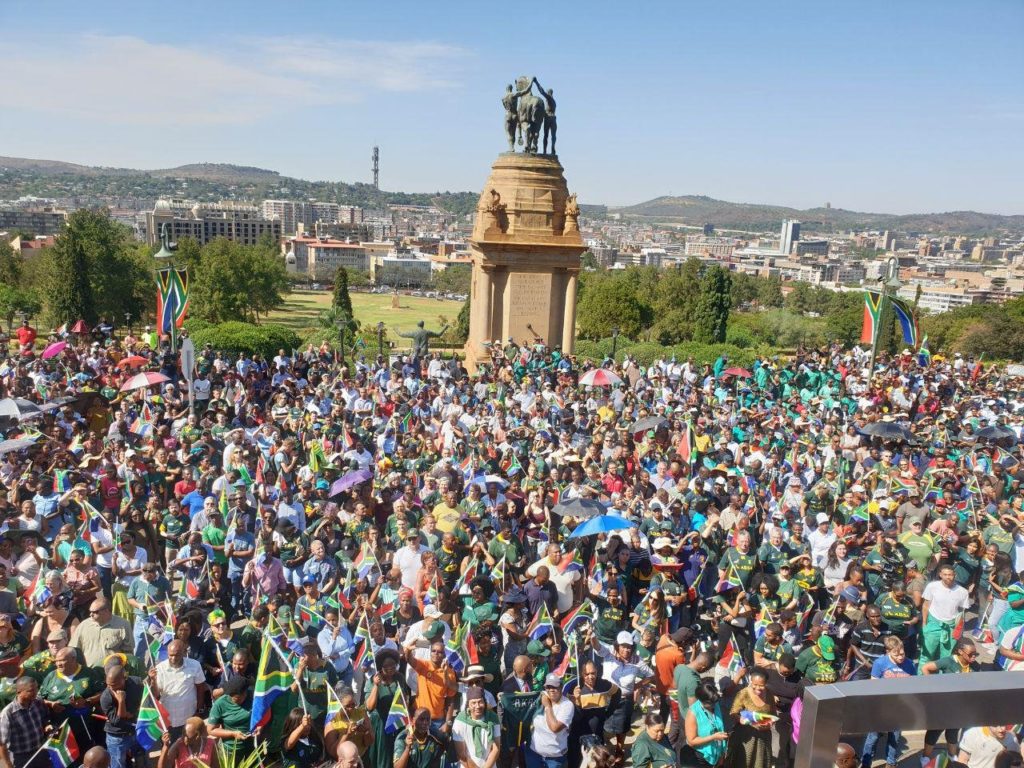As a new season in a jam-packed rugby calendar approaches, editor CRAIG LEWIS hopes balanced opinions take precedence over angry, personal attacks on underperforming teams or players.
It’s a new year, a new decade. We might as well dream big.
The topic of this column is something that actually came to mind towards the end of last year when we had a go at picking the teams of the past decade for all our Vodacom Super Rugby sides and the Springboks.
‘It will be fun’, we thought, and so it was, but then came a barrage of intense, immense reaction. However, a lot of it was really angry as well.
When it came to people having a difference of opinion about the team of the decade selections, they shot back on social media and in the comments section with the sort of malice that seemed completely misplaced.
As I joked with a colleague at the time, the backlash was so intense it began to feel as if we’d selected a team of douchebags of the decade rather than what was actually a celebration of some superb players.
Sure, it’s part of the territory. We all love sport, which provides a medium for entertainment and escapism, and stirs plenty of healthy debate.
But in a world of such social media prevalence, and the ability to fire off vitriolic opinions from behind a keypad, it’s become increasingly difficult to find clarity in the chaos.
We saw such sentiment in all its glory during this past World Cup. Faf de Klerk – playing under instruction to regularly put boot to ball – was vilified for weeks on end as a result of his prolific kicking.
A couple of weeks after the World Cup, and when all was forgiven after De Klerk played an instrumental role in a memorable final, the scrumhalf was asked about whether he had paid any attention to the criticism.
‘To be honest, there was a lot of criticism from the South African public,’ he openly acknowledged. ‘There were a lot of memes and photos, and you can’t miss it, even though you just try to make a joke of it.
‘The coaching staff, to their credit, pulled us together and reminded us that we should be selective about who we listen to and said that people are probably just having a few drinks, and the guy who drinks the most, speaks the most … We had to just believe in what we were doing … and I was playing that way for a reason.’
In the end, De Klerk had the temperament to just grin and bear it, but I’m not quite sure every player is equipped to cope with such criticism. It also paints a pretty clear picture of just why so many top sportspeople choose to steer clear of social media and the abuse that comes with it.
Ultimately, the afterglow of the World Cup has begun to fade away, and it is almost tiresome to consider just how quickly the keyboard warriors will be sure to turn on the teams and players if things don’t go their way.
Instead, how refreshing it would be to see emotion, outrage and personal attacks set aside for more objective assessments, open discussions and a willingness to accept that it’s all right for others to have a difference of opinion.
That may be an improbable resolution for the new year, but it remains one of my sports wishes for 2020. After all, it’s just a game.





